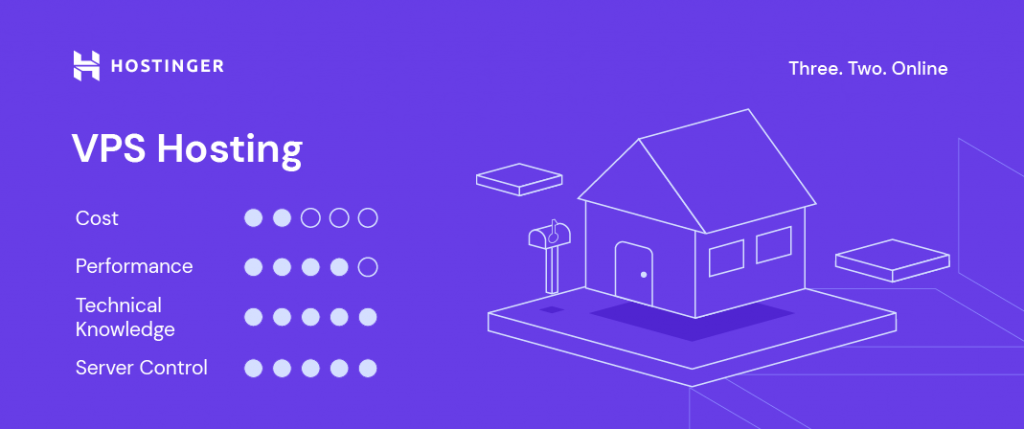The Polyvinylpyrrolidone (PVP) Market continues to gain attention across industries as advancements in manufacturing, pharmaceuticals, and consumer products drive escalating demand for high-performance polymer materials. In recent years, companies have been exploring new formulations, improved purity levels, and broader compatibility with manufacturing systems, enabling PVP to establish a solid position across both mature and emerging economies. As end-use industries innovate faster, the focus on material stability, solubility, and binding capability has strengthened the relevance of PVP across multiple applications. At the same time, increasing consumer awareness regarding product quality, safety, and performance has contributed to the rising importance of trusted polymer solutions.
As global industries shift toward more advanced and efficient material systems, the Polyvinylpyrrolidone (PVP) Market is seeing steady gains in demand from manufacturers looking for dependable, multifunctional polymers. The growing emphasis on pharmaceutical manufacturing standards has further encouraged consistent adoption of PVP, especially in tablet formulations, drug delivery platforms, and stabilizing agents used throughout production cycles. Simultaneously, applications in cosmetics and personal care continue to strengthen, with PVP playing a role in enhancing product texture, suspension quality, and overall stability. This rising need for adaptable formulation materials is closely connected to evolving research and development priorities, influencing both innovation cycles and commercial strategies. Market observers increasingly rely on thorough Polyvinylpyrrolidone (PVP) Market Analysis to evaluate these trends.
Beyond pharmaceuticals and cosmetics, the demand for PVP in industrial applications is also advancing. Water treatment, adhesives, detergents, and polymerization processes are some of the sectors exploring new ways to leverage PVP’s binding and stabilizing capabilities. This expanding range of applications highlights the polymer’s versatility, making it attractive to industries prioritizing reliability and performance. The increased focus on industrial productivity and cost efficiency has encouraged companies to incorporate PVP into their manufacturing processes, reinforcing the polymer’s presence in global supply chains.
Another factor driving momentum is the ongoing expansion of research initiatives aimed at refining the properties of PVP to cater to new use cases. Whether in biomedical engineering, advanced coatings, or specialty chemicals, PVP’s adaptability continues to unlock new opportunities that align with long-term innovation strategies. As companies adopt automated production systems and data-driven decision-making frameworks, the need for consistent, high-quality raw materials becomes even more essential. PVP’s proven record in delivering reliable performance positions it as a preferred choice across multiple modern manufacturing environments.
Sustainability considerations are also contributing to the evolving landscape of the market. As regulatory frameworks tighten and industries prioritize environmentally responsible materials, PVP’s favorable safety profile and extensive documentation make it suitable for companies seeking compliance without compromising product performance. This transition toward sustainable development is influencing procurement decisions across various sectors, ultimately contributing to a more stable and resilient market outlook.
Looking ahead, the global market is poised for continued expansion, supported by technological advancements, R&D investment, and growing consumer expectations. Companies that prioritize innovation, supply chain resilience, and scalable production capabilities are expected to benefit most from the rising opportunities in this dynamic market. With so many evolving applications, the Polyvinylpyrrolidone (PVP) Market remains well-positioned for long-term growth in both established and emerging industries.





